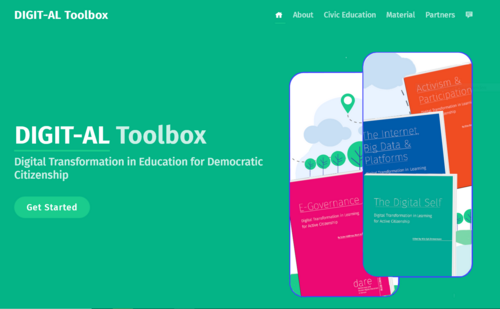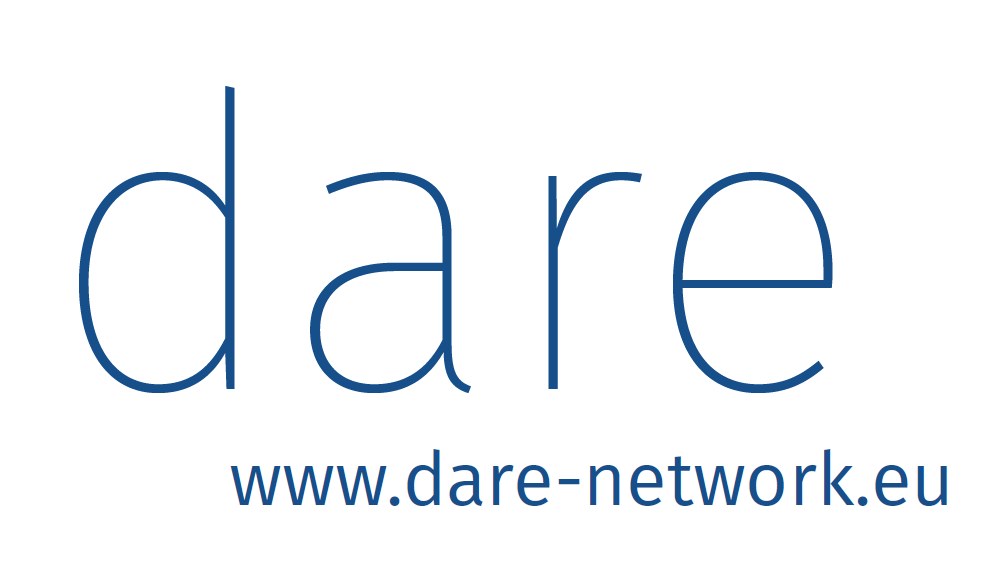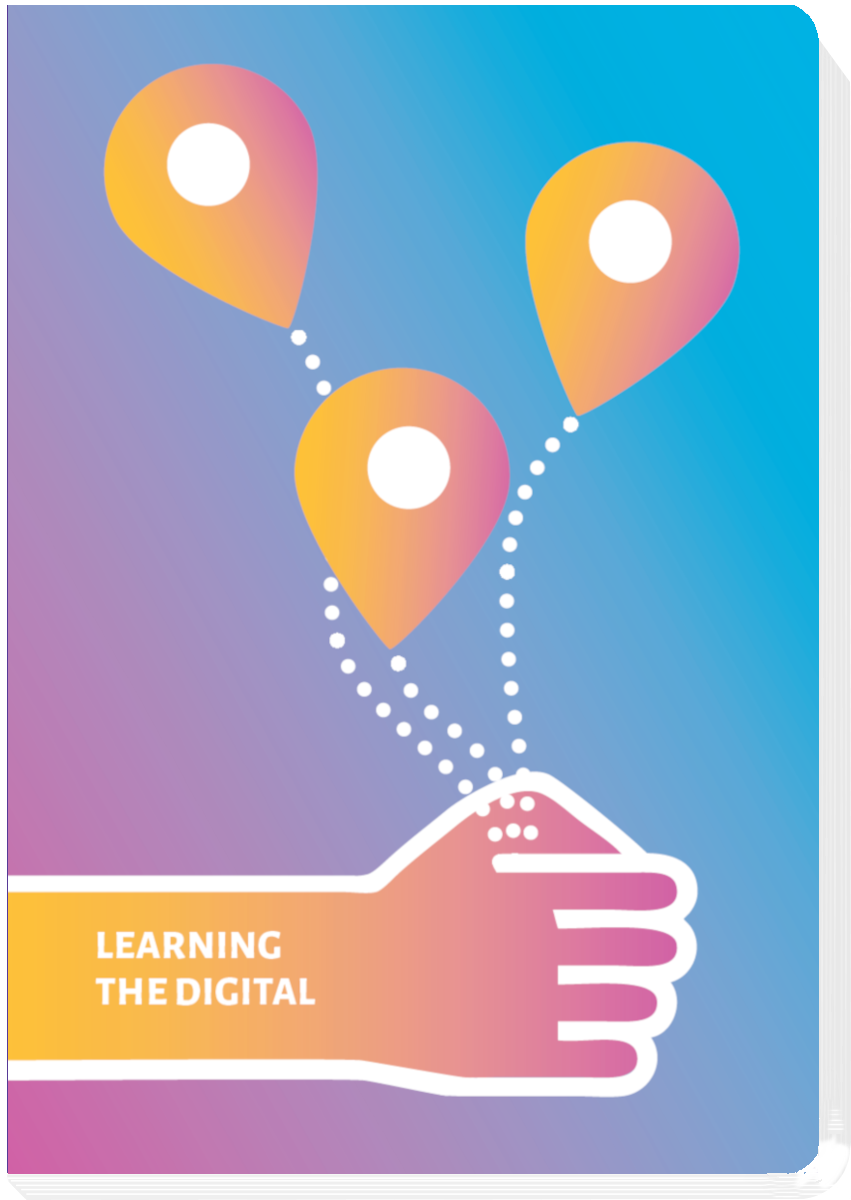In a digitalised communication sphere, we have to be aware that any communication is mediated by binary code. Aside from human-to-human interaction, there are variety of other possible actors involved, possibly influencing or even governing the communication processes intentionally or unintentionally.
Contents
Two small exercises for inspiration
1. To prompt initial thinking about the topic, think among your group about occasions when they interacted with non-humans to communicate. How did it feel? To go deeper, provide examples of unintentional communication, e.g., facial recognition, ID card controls, use of apps, calls with service lines, communication with chatbots.
2. To get an idea of how digital communication works and how non-human actors enter the communication process, let your group play with binary code converters, such as the one by RapidTables.
Since any form of information can be converted into code, consider among your group ways that machines can influence or enter communication processes.
Georg Pirker
Person responsible for international relations at the Association of German Educational Organizations (AdB), president of DARE network.
Digital Transformation in Adult Learning for Active Citizenship
This text was published in the frame of the project DIGIT-AL - Digital Transformation Adult Learning for Active Citizenship.





